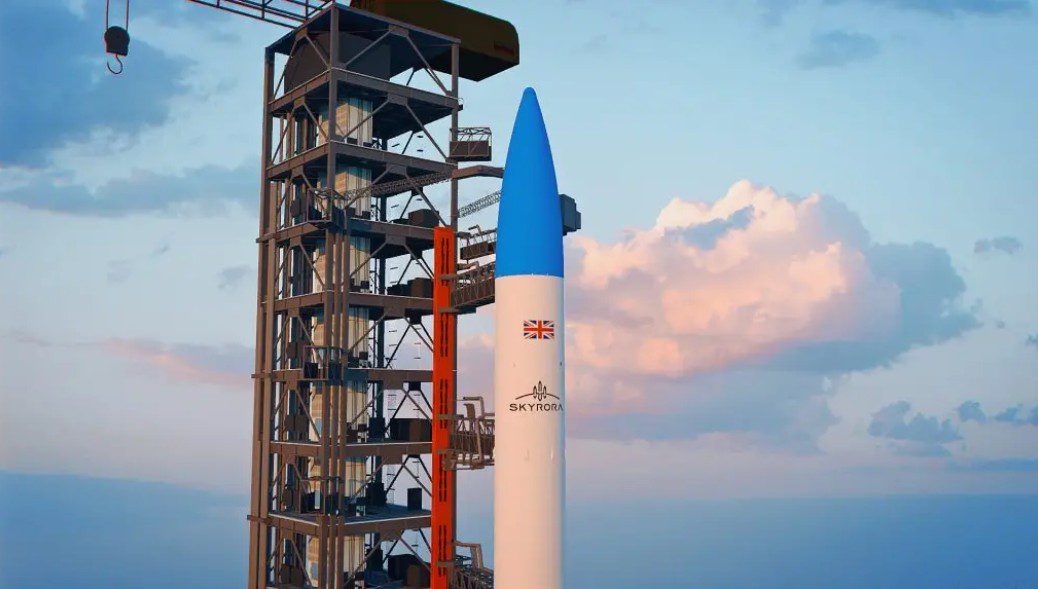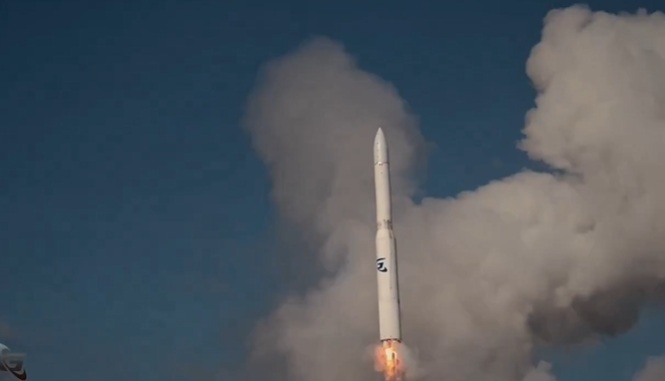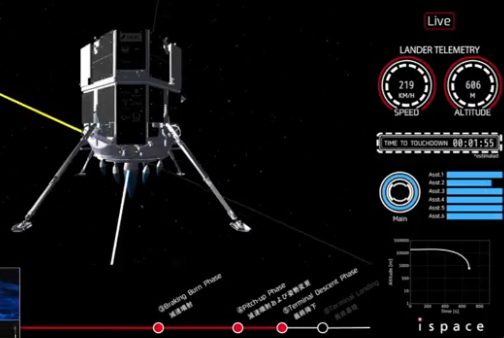On 28 April 2015, Arabsat and King Abdulaziz City for Science and Technology (KACST) announced contracts for Lockheed Martin to manufacture two communications satellites using their A2100 bus design. The construction of the two satellites, Hellas-Sat-4/SaudiGeoSat-1 will be performed in conjunction with a newly set up construction company called the TAQNIA Space Company, a subsidiary of the Saudi Technology Investment and Development Company (TAQNIA) which is being developed to give Saudi Arabia its own indigenous space manufacturing capability. KACST will serve as a technology partner, leading research and development efforts that will support new innovations for future Saudi Arabian space projects.
The construction order placed with Lockheed Martin for Hellas-Sat 4/SaudiGeoSat-1 and Arabsat-6A was to a combined value of US$650 million including launches and insurance. The official announcement was on 28 April but the signing too place on 9 April 2015.
Arabsat 6A will be located at 30.5 degrees East and Hellas-Sat-4/SaudiGeoSat-1 will be located at 39 degrees East. Both satellites will be designed for a 15-year service life, and will be manufactured in Denver, Colorado.
Lockheed Martin is known for its prowess in satellite technology but for several years now the firm has concentrated on its military spacecraft business rather than on securing commercial orders. This move represents a change of direction for the firm. It is reported by some media sources that the satellites will be launched by Arianespace and SpaceX: Hellas-Sat 4/SaudiGeoSat-1 on an Ariane 5 ECA and Arabsat 6A on a SpaceX Falcon 9 Heavy.





